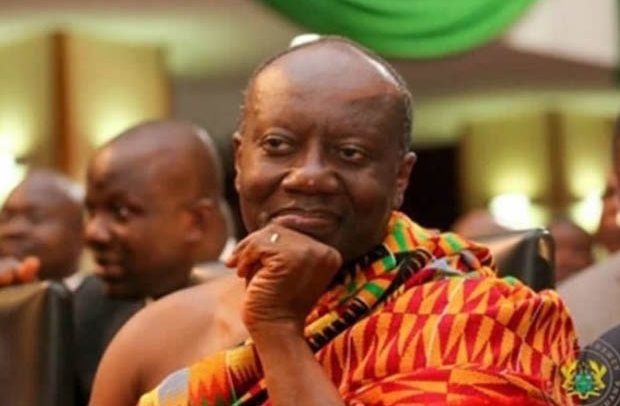Published
6 years agoon
By
GhMedia Hub
The Executive Board of the International Monetary Fund (IMF) on Monday, April 13, 2020, approved the disbursement of SDR 738 million (about US$1 billion) to be drawn under the Rapid Credit Facility (RCF) by the government of Ghana.
It will help address the urgent fiscal and balance of payments needs that Ghana is facing, improve confidence, and catalyse support from other development partners.
“The COVID-19 pandemic is already impacting Ghana severely”, the IMF said in a statement, explaining: “Growth is slowing down, financial conditions have tightened, and the exchange rate is under pressure”.
“This has resulted in large government and external financing needs. The authorities have timely and proactively responded to contain the spread of the COVID-19 pandemic in Ghana and support affected households and firms”.
The IMF said it continues to monitor Ghana’s situation closely and stands ready to provide policy advice and further support as needed.
Following the Executive Board’s discussion of Ghana, Mrs Zhang, Deputy Managing Director and Chair, said: “The COVID-19 pandemic is impacting Ghana severely. Growth is projected to slow down, financial conditions have tightened, and the exchange rate is under pressure. The budget deficit is projected to widen this year given expected lower government revenues and higher spending needs related to the pandemic. The Fund’s emergency financial assistance under the Rapid Credit Facility will help address the country’s urgent financing needs, improve confidence, and catalyse support from other international partners.
“The authorities’ response has been timely, targeted, and proactive, focused on increasing health and social spending to support affected households and firms. The central bank has recently taken steps to ensure adequate liquidity, preserve financial stability, and mitigate the economic impact of the pandemic, while allowing for exchange rate flexibility to preserve external buffers.
“The uncertain dynamics of the pandemic creates significant risks to the macroeconomic outlook. Ghana continues to be classified at high risk of debt distress. The authorities remain committed to policies consistent with strong growth, rapid poverty reduction, and macroeconomic stability over the medium-term.
“Additional support from other development partners will be required and critical to close the remaining external financing gap and ease budget constraints.”
Ghana has, so far, recorded eight deaths out of the five hundred and sixty-six confirmed cases with four full recoveries.
source: classfmonline.com
